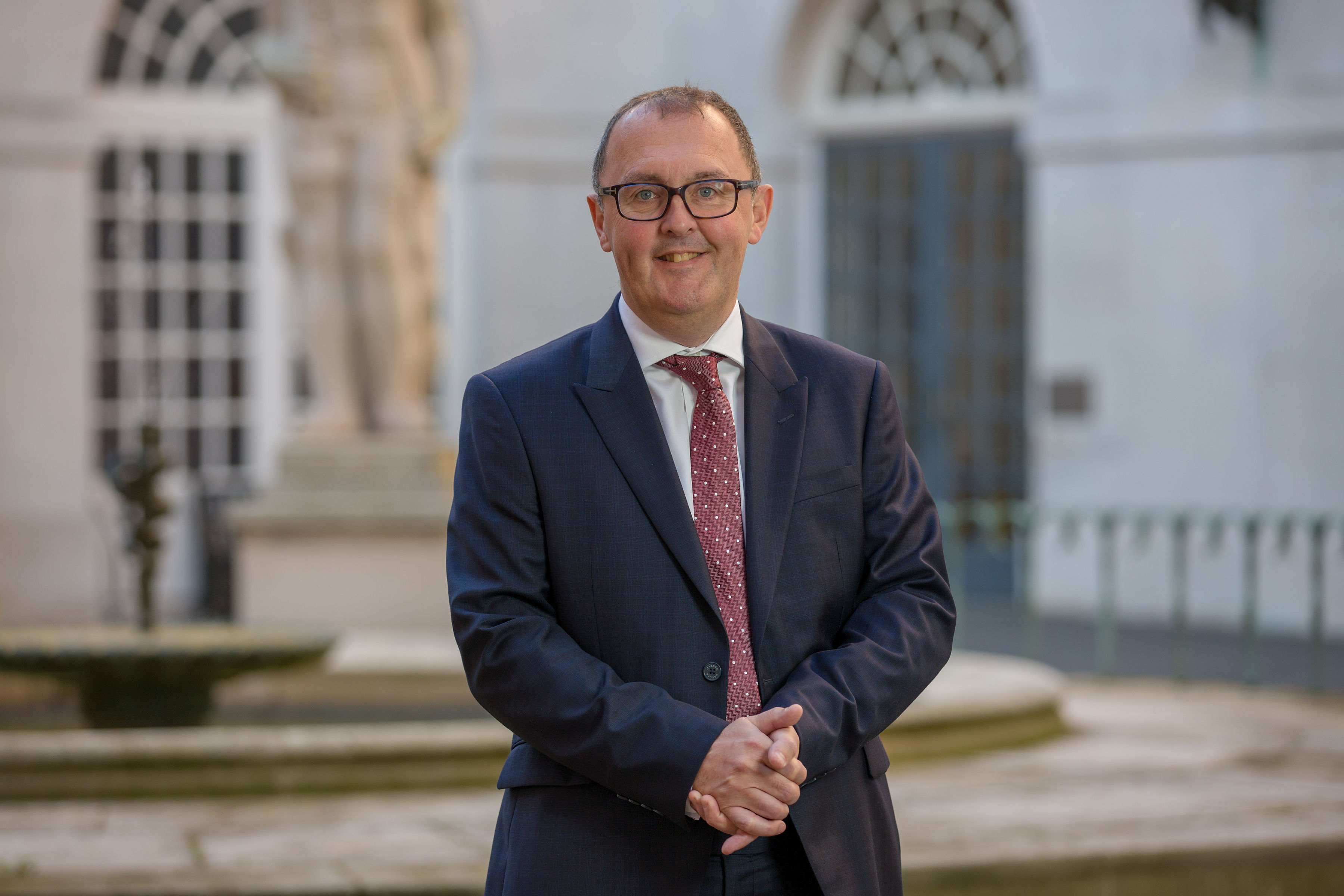Newsletter Sign Up
Latest News
What is your single biggest ask of the incoming government to support economic development going forward?
So, we finally have a date for the General Election.
Campaigning from all political parties is underway, and in four weeks’ time we will know who is going to lead this country in the next parliament.
We have, of course, been pushing our own Grow Local, Grow National manifesto for the past six months. This calls for economic development to be formally recognised as a statutory function provided by local authorities and a series of recommendations, sitting within six supporting pillars, which we deem critical for success.
Sustainable economic growth is urgently required to help deliver the funding for Government to tackle significant areas of under-investment. With an ageing population this will require significant improvements in productivity, but at present the UK economy is flatlining and the high inflation of 2022 and 2023 has impacted on living standards and consumer expenditure. Serious questions are now being asked about current approaches to stimulating growth – which is why our proposals pinpoint areas for change.
In our recent member survey, which ran in April and May prior to the General Election announcement, we were greatly encouraged by the support for our Grow Local, Grow National manifesto and a real sense that economic development as a statutory function is needed now.
One of the first comments we received in the survey is that the manifesto “addresses the challenges local economies face on a strategic level”. Others reported how this would be a “kay plank in place-based strategies and help uplift local economies”, but also expressed concern about the need for “structural issues to be addressed in how funding is allocated to localities in order to achieve optimum impact”. There was also an undercurrent around the importance of economic resilience and sustainability, and the significance of ‘good growth’.
A clear issue still to be overcome is clarity around coordination between local and national levels, and this remains a key area to unpick further.

We also asked members: what is your single biggest ask of the incoming government to support economic development going forward?
Beyond making economic development statutory in local authorities, these are the most common general themes which emerged:
- Long-term strategic planning, guided by a UK Industrial Strategy, to allow for well-planned interventions over multiple years.
- Through greater certainty (linked to the above), and commitment to local economic development, encourage and enable planning and development of local plans.
- Funding stability, removing competitive funding and allocating according to need, with greater investment/resource to support local economic development.
- A review of planning legislation and housing growth plan, both of which are seen to be impacting on local approaches to placemaking.
- Address public sector procurement reform, recognise the importance of robust business cases for development, and prioritise sustainability/the green economy.
In the survey, members outlined how they would like the IED to engage with the incoming government. There is huge recognition of the opportunity for the Institute, and our members, to ensure policies are evidence-informed and data-driven. That economic development professionals with ‘coalface’ experience provide guidance which ensure that programmes reflect local conditions, and are given the funding to enable interventions that achieve genuine change. A place on the revamped Industrial Strategy Council, or for the IED to be consulted as part of that council and/or an economic development taskforce, was widely championed.
There is appetite from economic development practitioners to support greater priorities such as boosting green growth, widening social value, and promoting social enterprise. And, of course, addressing inclusive growth within organisational economic strategies – which is the topic of my article to be published next week.
Nigel Wilcock is Executive Director of the IED.
